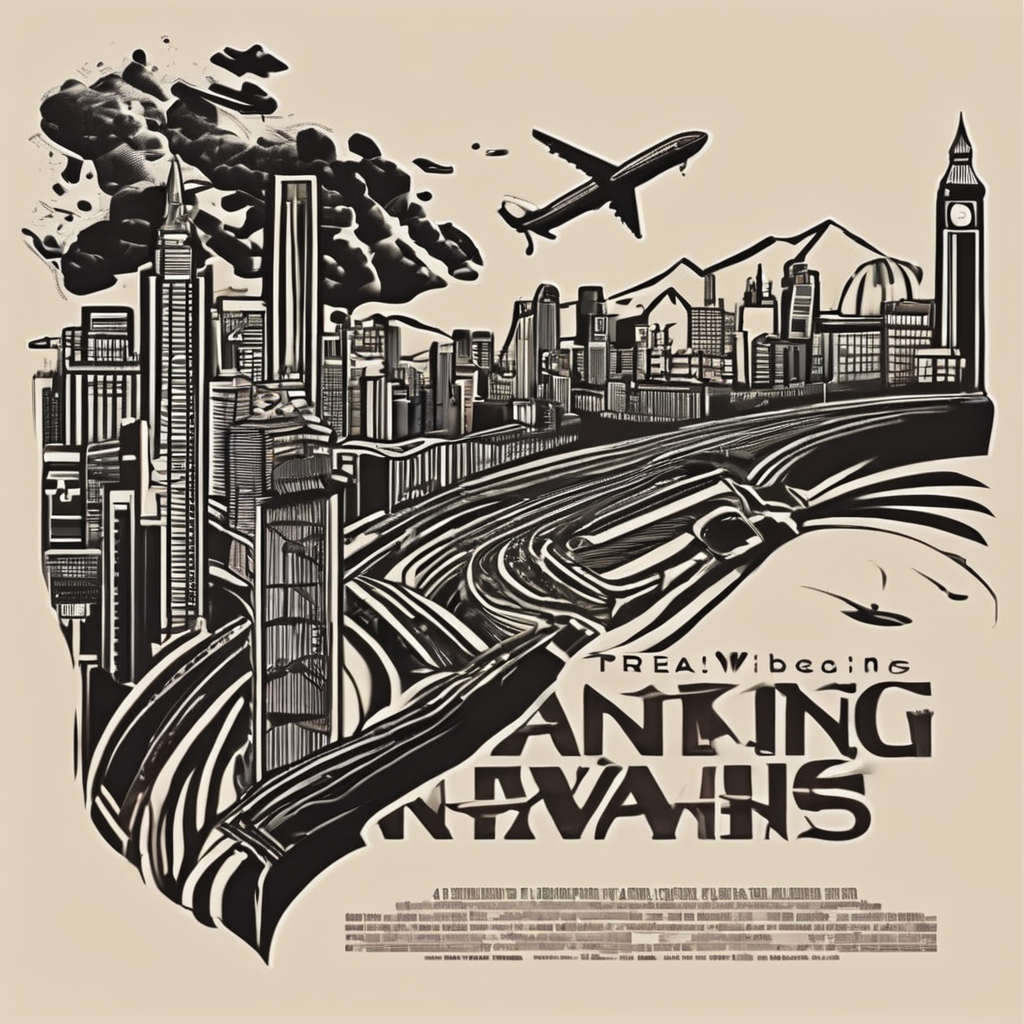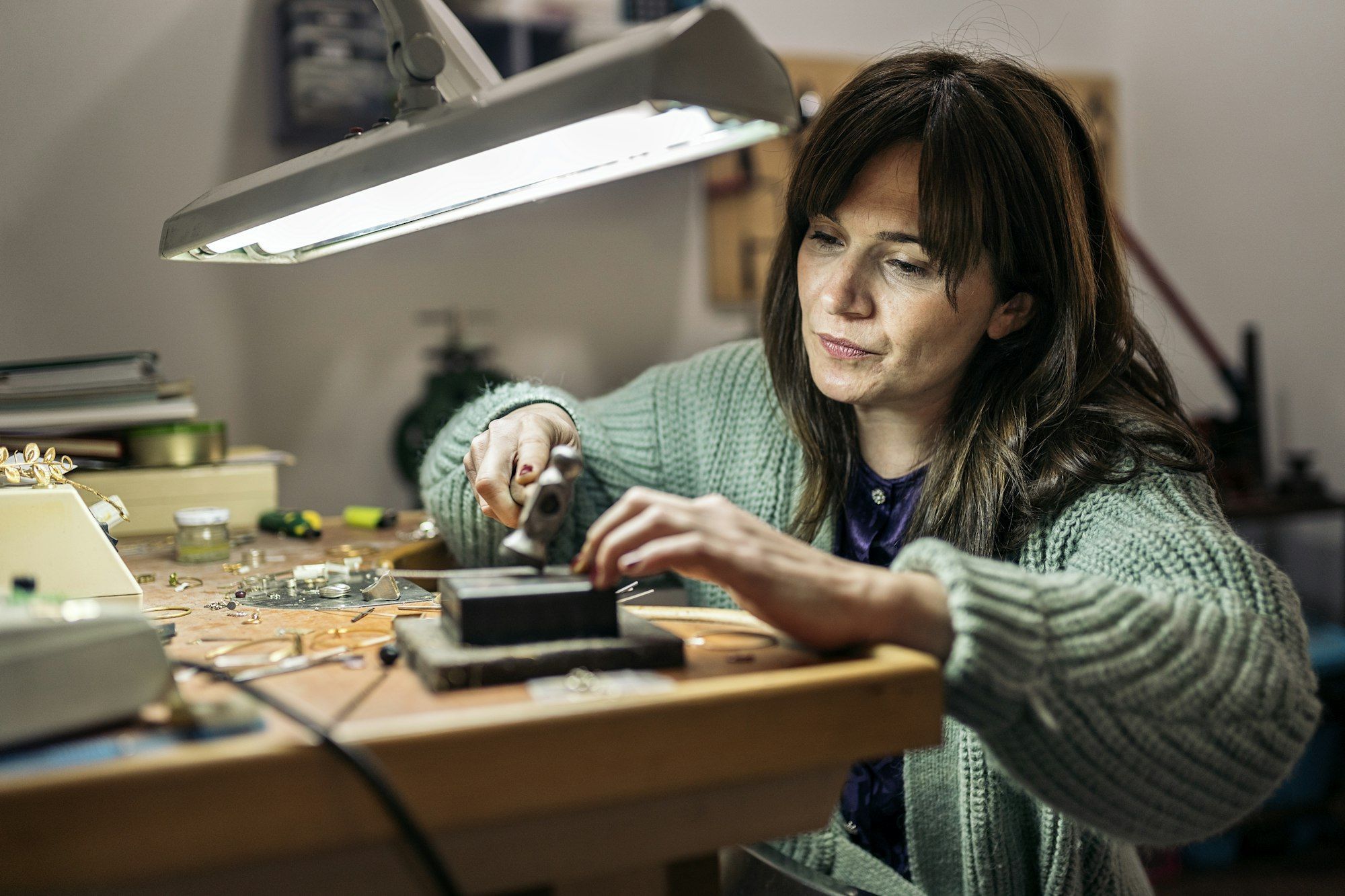The buzzing hum of conversation fills the air, interjected only by the rhythmic tapping of hammers and the occasional creak of leather. You are in the heart of a traditional British leatherwork workshop, surrounded by artisans who have honed their skills over countless hours, days, and years of practice. The smell of raw material, the touch of supple leather under your fingers, the sight of exquisite handcrafted goods – all these sensory experiences form an integral part of a leathercraft workshop. But how can tourists, intrigued by this traditional practice, take part in such workshops during their visit to the UK? This article is set to provide you with all the necessary information.
Exploring the Realm of Leathercraft
Before we delve into the specifics of how tourists can participate in leatherwork workshops, it’s essential to understand what leatherwork entails. At its core, leatherwork is the process of making goods from leather using traditional skills, tools, and techniques. It’s a craft that has been practiced for centuries and is deeply intertwined with British culture and heritage.
Additional reading : 5 Landscape Design Tips for Beginners
Leatherwork workshops offer a hands-on experience where you can try your hand at creating your leather items, such as wallets, belts, or bags. Under the guidance of skilled craftsmen, you learn how to transform a raw piece of leather into a functional and aesthetically pleasing product.
Identifying Leatherwork Courses for Tourists
Several leatherwork workshops in the UK cater specifically to tourists. Naturally, these courses do not require any prior knowledge or experience in leathercraft. They are designed to provide an overview of the craft, teach basic skills, and guide participants through the process of making a simple leather item.
This might interest you : Which UK locations offer the most comprehensive guided tours on the history of British public transportation?
Start by researching online to identify workshops that offer tourist-friendly courses. Look for workshops that provide day courses, which are ideal for tourists with limited time. These courses typically last for a few hours and enable you to complete a small project, such as a wallet or a keychain.
Booking Your Spot in a Leatherwork Workshop
Once you’ve identified a workshop that suits your needs, the next step is to book your spot. Most workshops allow online booking through their websites. However, it’s advisable to book well in advance, especially during the peak tourist season, as these workshops often get fully booked.
Ensure that the workshop you choose provides all the necessary materials and tools required for the course. Some workshops may allow you to choose the type of leather and the project you will be working on, offering an even more personalized experience.
Preparing for Your Day at the Workshop
Now that you’ve booked your spot, it’s time to prepare for your day at the workshop. Dress comfortably and in clothes you don’t mind getting a little dirty. Leatherwork involves the use of adhesives and dyes, which can sometimes splatter. Also, ensure to wear closed-toe shoes for safety.
Arrive at the workshop a bit early to familiarize yourself with the surroundings and meet your instructors. Take this time to clarify any doubts you may have about the process and what you’ll be doing.
Transforming Your Experience into a Business Opportunity
One unique aspect of participating in a leatherwork workshop as a tourist is the potential to turn this experience into a business opportunity. If you’ve found a passion for leathercraft during your workshop, consider making it more than just a one-time experience.
There are advanced leatherwork courses available that delve deeper into the craft, teaching you more complex skills and techniques. With enough practice and dedication, you could start creating your leather goods, paving the way for a potential business.
Remember that the key to success in any craft is practice. So don’t be disheartened if your first few attempts at leatherwork don’t turn out as expected. With time, patience, and plenty of practice, you’ll see your skills improve.
In conclusion, participating in a traditional British leatherwork workshop as a tourist not only offers a unique cultural experience but can also lead to a newfound hobby or even a business opportunity. So the next time you visit the UK, consider booking a day at a leatherwork workshop. It could be the highlight of your trip.
Celebrated Leatherwork Workshops in the UK
When it comes to experiencing traditional British leatherwork, tourists have a plethora of options. While there are many workshops available, a few stand out for their commitment to preserving traditional techniques and providing an engaging experience.
Evancliffe Leathercraft, located in County Durham, offers an array of courses suitable for beginners. Their one-day leather bag making course is particularly popular. Here, tourists can get a glimpse of the entire leatherwork process, right from selecting the leather to the final leather stamping. They also offer a unique opportunity to explore their workshop, situated on the museum grounds of Preston Park Museum.
If you’re closer to London, the Gaucho Ninja Leathercraft workshop is a great option. Known for their handcrafted goods made from real leather, they offer various courses, including a leather wallet making course.
Craft Courses also hosts a variety of leatherwork workshops. Their Craft Camp, held every Saturday and Sunday in April, is an excellent opportunity for tourists to try their hand at leatherwork. They also offer training workshops in winter, aptly named ‘Winter Skirmish’.
Lastly, don’t miss out on Leathercraft Will, a workshop that prides itself on preserving the traditions of the livery companies. The Worshipful Company of Leathersellers, one of the ancient trade guilds in London, is connected to this workshop, offering a deep dive into the heritage of British leathercraft.
Remember, before booking, it’s advisable to check the workshop’s privacy policy and reviews online to ensure it aligns with your expectations.
Concluding Your Leatherwork Experience in the UK
The best part about participating in a traditional British leatherwork workshop is that you can take home more than just memories. You get to carry with you a piece of British heritage, a leather good crafted by your own hands.
If the rhythmic tap-tap of the hammer, the smell of fresh leather, and the satisfaction of creating something beautiful stirs something within you, why stop at just one experience? You could plan future visits to the UK around advanced leatherwork courses, or even consider setting up a small leatherwork corner at home to nurture your newfound hobby.
Some might find these workshops a stepping stone to starting their own business. The skills and knowledge acquired can be applied to creating and selling their own leather goods, perhaps even making a mark in the global leathercraft industry.
In conclusion, traditional British leatherwork workshops provide an enriching experience, steeped in history and culture. Whether you’re a tourist looking for a unique UK experience or someone with an interest in crafts, these workshops offer something for everyone. So remember, the next time you find yourself in the UK, don’t just sightsee – create, learn, and take home a piece of British heritage.











